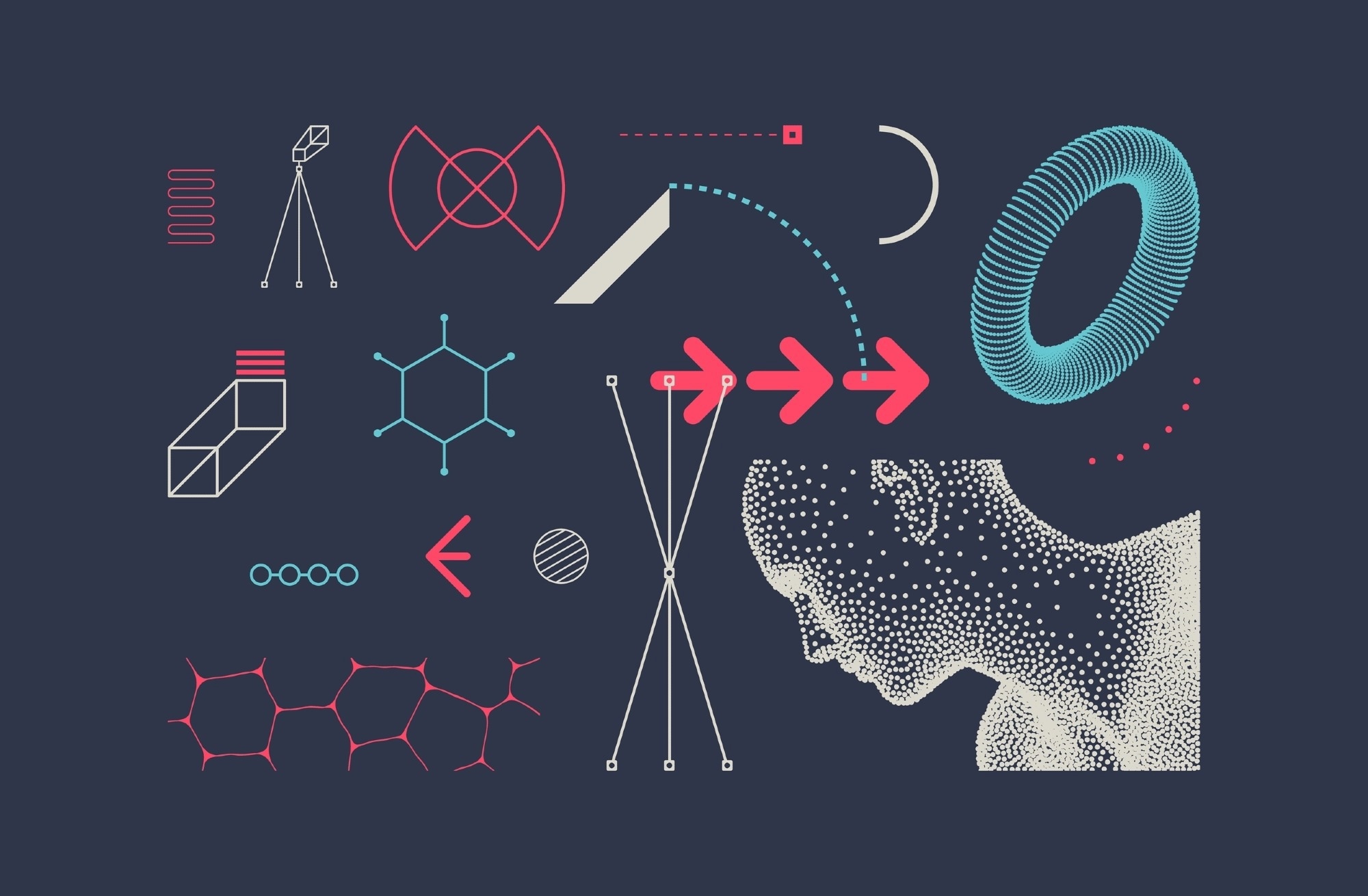Globus’s latest platform updates introduce powerful automation, enhanced compute integration, and expanded storage support, advancing secure, scalable, and reproducible data workflows across global research institutions.

Image Credit: Login / Shutterstock
Globus, the de facto standard platform for secure and reliable research data management and computation, has announced new product capabilities designed to enhance automation, streamline data workflows, and accelerate scientific discovery. These advancements further strengthen Globus’s position as a core infrastructure for research institutions worldwide.
Enhanced automation for secure data pipelines
With the introduction of new automation features in the Globus High Assurance and BAA subscription tiers, researchers can now manage and process protected data more efficiently. Automated flows can be scheduled via timers to support recurring or time-sensitive tasks. System administrators may also require that all data transfers to or from a collection occur through a defined flow, allowing automatic reorganization, validation, or pre-processing before transfer.
The Globus Flows Service now supports visual input schema authoring, including dynamic form rendering for capturing flow parameters. This simplifies the development and deployment of complex automation pipelines for regulated research data.
Advances in Globus Compute and AI-centric services
New and enhanced Globus Compute capabilities make it easier for researchers to access diverse remote computing resources and build AI-driven applications. The multi-user feature enables interactive use of advanced computing resources, including specialized hardware for training machine learning models, without requiring deep technical expertise.
Globus Compute is increasingly integrated into domain- and AI-specific use cases, including Garden, a platform for publishing and deploying machine learning models with domain-relevant data. This broadens opportunities for collaborative and reproducible AI research across disciplines.
Expansion of the storage ecosystem
Globus continues to expand its storage interoperability, adding support for Amazon S3 Glacier, Dell ObjectStore, and Oracle Cloud Infrastructure (OCI) Object Storage. These join an extensive list of validated storage solutions, enabling researchers to access and manage distributed datasets through a single unified interface via Globus connectors.
Administrative tools for enhanced governance
Recent platform updates include several new administrative features that improve resource management and security:
- Automatic removal of external user access for inactive data collections simplifies policy enforcement.
- New administrative consoles for Globus Compute and Globus Search to provide insights into institutional resource usage.
- Administrative configuration options to ensure users interact only with verified institutional data collections.
Global impact and recognition
“Globus has evolved significantly over the last 20 years. It’s hard to believe that the service has grown to over 600,000 users and moves petabytes of data daily,” said Ian Foster, University of Chicago distinguished professor and co-founder of Globus. “I’m especially thrilled that our 2005 Globus GridFTP paper received this year’s Test of Time award, it makes this year’s Supercomputing conference truly special.”
Community engagement at SC25
Globus invites attendees to visit booth #4324 at SC25 to learn more about its automation framework, compute services, and AI-oriented platforms such as Garden and APPFL/APPFLx. The Globus GridFTP Test of Time Award presentation will take place on Tuesday, November 18, at 3:30 p.m.